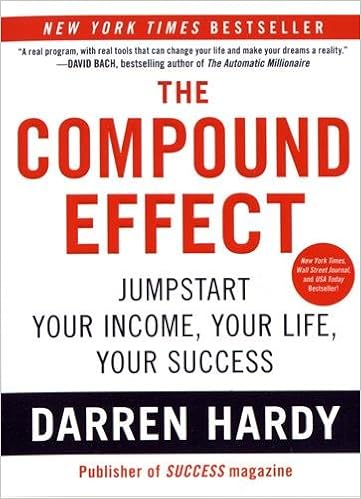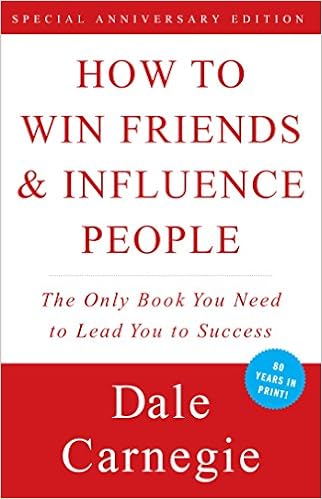
TOC:
- Learning is misunderstood
- To learn, retrieve
- Mix up your practice
- Embrace difficulties
- Avoid illusions of knowing
- Get beyond learning styles
- Increase your abilities
- Make it stick.
Make It Stick: The Science of Successful Learning | Barbara Oakley
" one of the very best books on learning currently in existence- Mindless repetition does not build memory – quality, type and timing of repetition are each as important as quantity;
- Fluency is not the same as understanding – just because you can repeat something, it doesn’t mean you get it;
- Creativity and knowledge are not separate – creativity requires knowledge, and knowledge must be memorized.
- Self-quizzes
- Interleaving, randomize
- Spaced repetition (next day, week, month)
but it turns out that learning really happens
when we struggle to get stuff out of the brain.
It's that effort to recall, explain, relate, put in our own words,
something new or a new skill or semantic knowledge, that really leads to the learning.
Moving the new material from short-term memory into long-term memory
and connecting it to what we already know.
So, getting it out, not trying to put it in, is key.
And most of us, when we're trying to get something,
we'll just re-read and re-read and try to re-expose ourselves to it.
To burn it in.That doesn't work.
that there are some kinds of difficulties
that are, in fact, desirable for long-term learning.
I’ve made the point that trying to get learning out of the mind is an important strategy.
It turns out that if you space out your practice,
so that you've gotten a little rusty on the new material,
it takes extra effort to retrieve it.
That added difficulty causes the mind to reconsolidate the learning.
And it strengthens the connections to what you already know.
And the cues to retrieve it again later.
There are other difficulties like mixing up the practice of similar problem types.
Instead of focusing on one type, you know -
... So, mixed practice is, uh, interleaving the practice of similar problem types,
And there are some others as well.
So, there are certainly difficulties that are not desirable.
If you read something in a language you don't know, that's an undesirable difficulty.
I mean, we can think of many undesirable difficulties.
But not all difficulty is undesirable.
The third big idea for me is this notion
that when we learn something new, we are actually,
uh, it's not like getting a new bump on the head.
But we are re-wiring our brains.
Our neurons are growing a new axon to connect with other neurons.
This came home to me, visually, in a video in a clip,
a Nova TV clip of a neural scientist, Eric Kandel,
who has won a Nobel for his work.
Where you can actually see a video of a sea slug neuron
being stimulated and the axon growing out to reach another neuron.
It is a physical phenomenon.
The point being that through the right kind of mental engagement,
that kind of effort, we are changing our minds
and increasing our mental abilities.
Our mental abilities are not fixed with the gift of our genes.
We have the ability to substantially affect our mental abilities
through the right kinds of learning effort.
It re-wires the brain.
It feels difficult, there's actually a reason.
You're re-wiring your brain.
So, the third big idea for me is this idea of a growth mindset.
The fourth one from the research that what feels productive, often is not.
Our intuition often leads us astray...
What you don't understand is that improvement resides in short-term memory.
And it hasn't been consolidated in long-term memory.
It takes hours or days for learning
to be migrated from short-term memory to long-term memory.
And you walk off the golf course
or leave your classroom with that practice feeling you've got it nailed.
Or you spend all-night in an all-nighter and you do well the next day on the exam,
you think, “I’ve locked that stuff in.”
If you come back a week later, you haven't.
You're astonished to discover it's leaked away in the meantime.
So, you cannot trust your sense of what feels productive
as a gauge of whether you're truly learning.
The gauge you need is to demonstrate through retrieval practice.
Through doing it again later
whether, in fact, you've achieved that or not."
- Fluency vs Mastery
- Active Retrieval
- Interleave Curves
- Elaboration ^5
- Think you can


